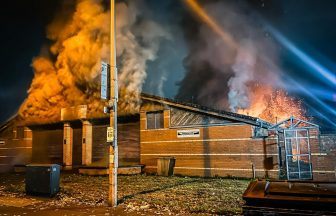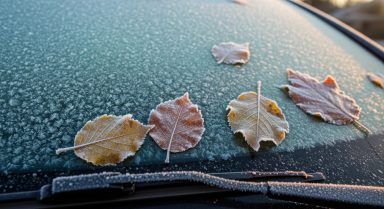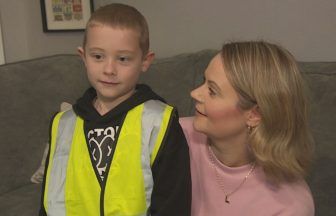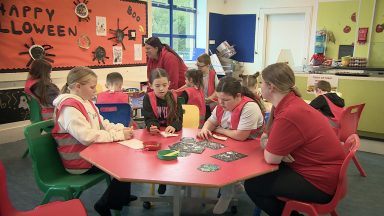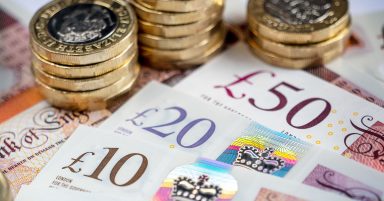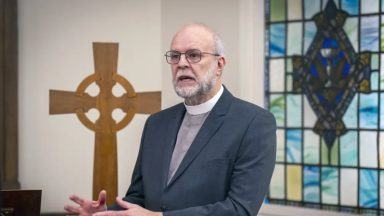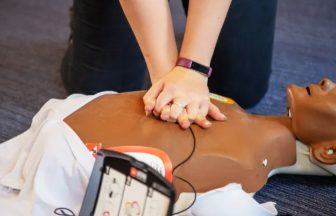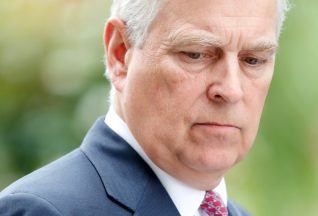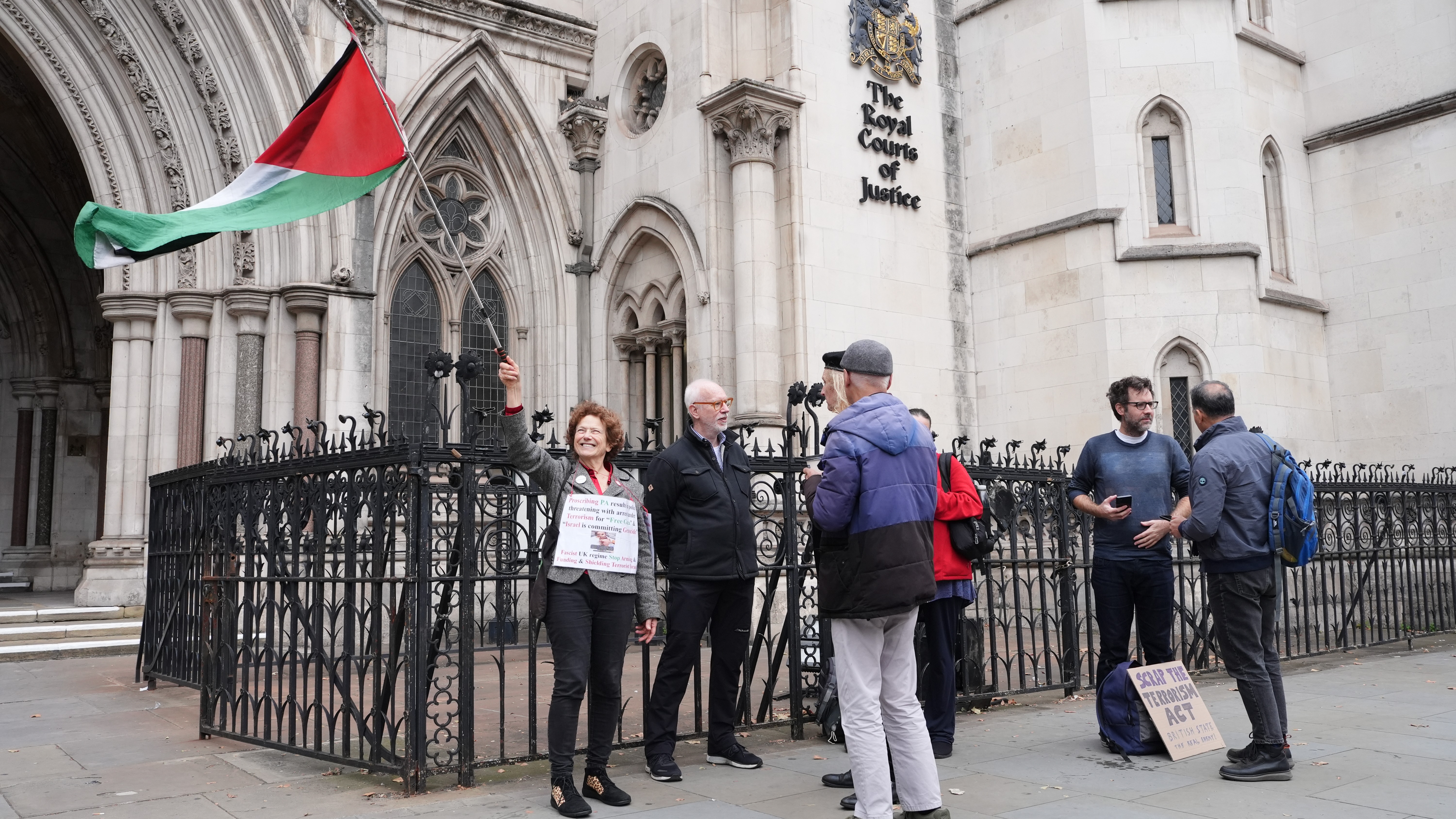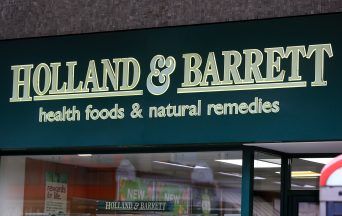Independent coffee businesses across Scotland say they fear the “catastrophic” impact of climate change on their livelihoods.
A Fairtrade report has warned the world risks coffee beans becoming “endangered” by 2050, less than 30 years away, with the problem risking the livelihoods of farmers as well as independent businesses.
Edinburgh based Cairngorm Coffee Roasters owner Robi Lambie said it’s an “ongoing gamble to try and get things right” while Glasgow Coffee Festival founder, Lisa Lawson, said she has witnessed the effect on coffee growing communities first hand.
The warnings comes after Fairtrade published the report last week which found that approximately 50% of the global surface area currently being used for coffee farming may no longer be suitable by 2050, due to climate change.
Many within the industry worry the problem is more imminent, with renowned coffee regions having already had large quantities of their harvests wiped out by frost and drought in recent years.
Robi Lambie, the founder of Cairngorm Coffee Roasters, said the findings from Fairtrade are a concern for their whole business.
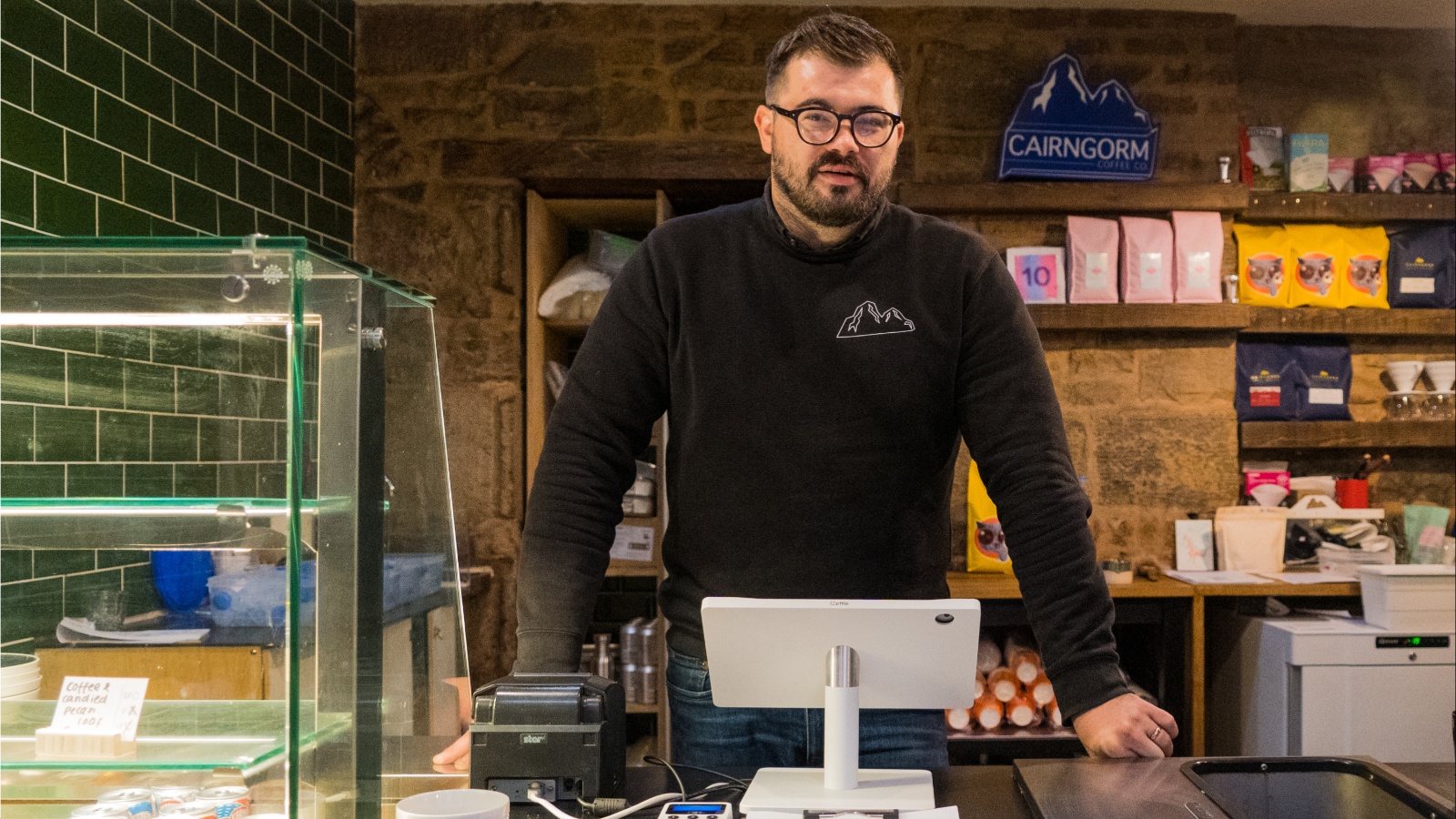 Cairngorm Coffee Roasters
Cairngorm Coffee RoastersHe said: “We certainly have witnessed the impact of erratic weather such as the overnight frost in coffee producing regions in Brazil in 2021 which caused irreparable damage to coffee plants and meaning many farmers lost 50% of their crop for the 2022 harvest.
“The result of this was more demand for the remaining harvest, pushing Brazilian coffee to its highest price since 2014.
“Arabica is notoriously a very challenging crop to maintain and is very susceptible to disease and pest damage. These can largely be controlled with the right means and with the current progress in cultivation techniques, but climate change is a factor that is outwith the control of producers.”
He added: “There is no doubt that coffee yield is likely to be subject to complications over the next few decades and that is not only a concern for cafe and roastery businesses like us, but the producers in coffee producing origins who rely on it for their livelihood.”
Robi, 33, believes his business can survive by strengthening links with coffee producers, both to the benefit of the businesses and the farmers.
The 33-year-old added: “The price fluctuations are something we have had to become quite used to, and we are having to keep our coffee stocks leaner at the roastery in anticipation of the markets correcting themselves. We’ve fallen foul in the past of trying to stockpile more coffee and find that as things have improved we’ve paid far more than the market value.
“On an ethical standpoint, it is certainly inspiring us to be more connected to farmers and we’re in the process of trying to align ourselves with producers who we can have more longevity with on a buying front.”
Lisa Lawson, founder of Dear Green Coffee Roasters in Glasgow’s east end, has worked in the industry for over two decades.
Founding Glasgow Coffee Festival in 2014, Lisa predicts this year’s festival is set to be the “biggest ever”.
However she added immediate action needs to be taken by Western countries in order to secure a positive direction of travel between now and 2050.
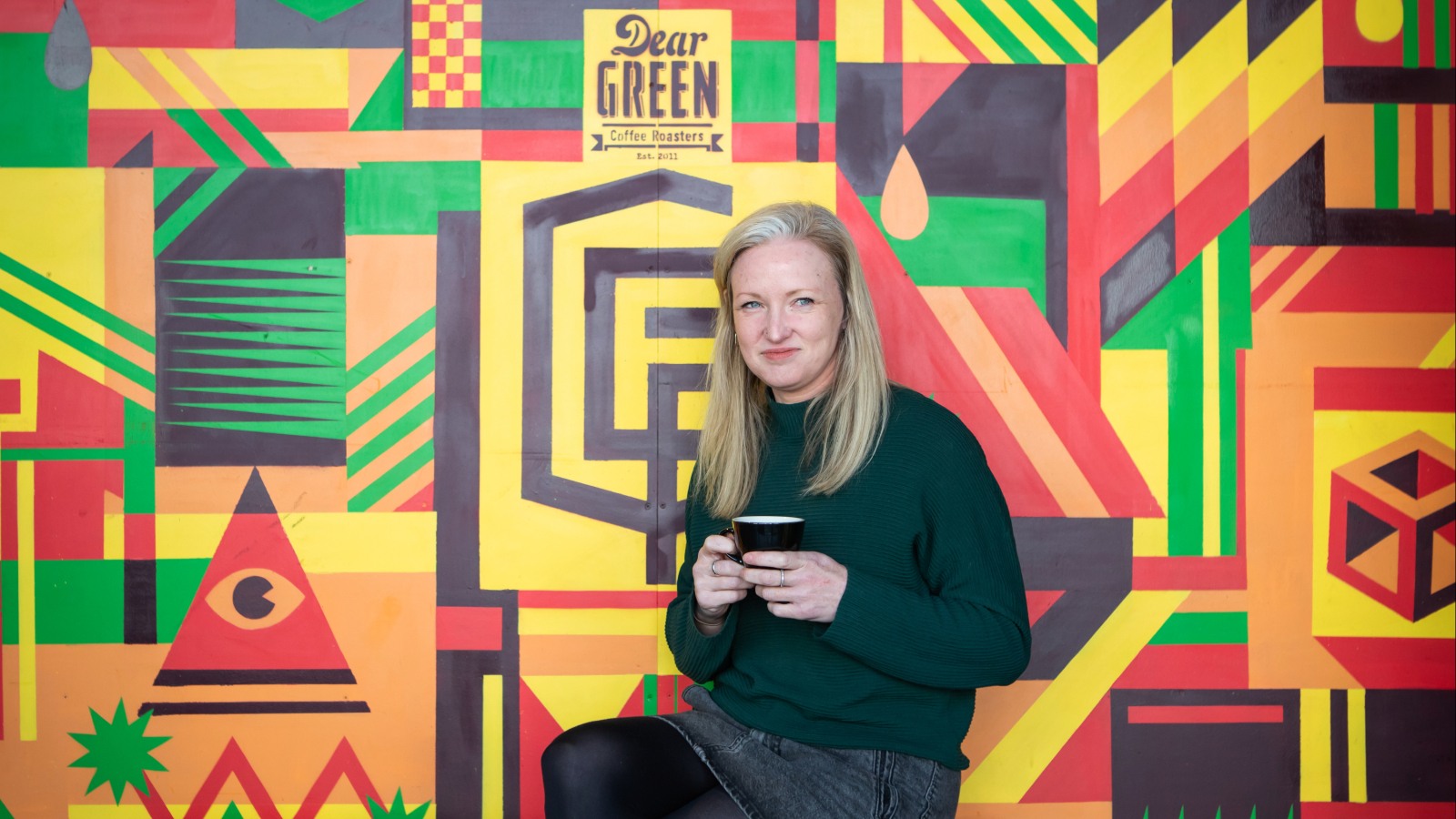 Dear Green Coffee Roasters
Dear Green Coffee RoastersShe described the impact of climate change on smallholder farmers – who often rely on agriculture as the main industry and source of income – as “catastrophic”.
She said: “It’s devastating to witness this impact on coffee communities. As consumers, we are so far removed from these realities, only affecting us when it is evident on our purse, which it now is.
“I’m glad that climate change is now a mainstream conversation but equally dismayed by the lack of action taken to reverse the current trend of global warming. If the reality is losing a product which we all consume daily then perhaps a shift in habits will happen.
“Millions of families rely on producing coffee for their income yet have little control, as the actions of the West profit more from their crop and contribute more to global warming.”
The 46-year-old added: “Producing countries are generally carbon neutral as they don’t have the same industrialisation as us. This is an international product which requires international awareness of the devastation caused in order to reverse the current trend.
“We can’t be selfish about our own luxury needs today as we are impacting the basic needs of others right now in coffee producing countries.
“As residents in an emitting country we are all accountable, our collective actions negatively impact products we love and the people who we rely on to produce them for us. We all have to act now to protect people and nature for the future.”
Lisa has committed to tackling the issue by ensuring her company pursues B Corp certification and pledges to become Net Zero by 2023.
She encouraged other consumers to think of ways they can make a difference and said: “Don’t be influenced by greenwashing. Buy from reputable coffee businesses who are buying as ethically as they can in this unethical world.
“Change habits by not buying coffee in virgin plastic packaging. Sit in or always use a reusable cup rather than accepting a takeaway paper cup.
“Most of all, question where you spend and don’t buy from multinationals who invest in deforestation.
“Question your financial commitments like where you bank or have a pension – what is that finance funding? By changing and influencing daily habits, buying habits and financial habits, our actions can influence change on a far bigger scale and ensure you still have some coffee in your cup in 2050.”
Follow STV News on WhatsApp
Scan the QR code on your mobile device for all the latest news from around the country


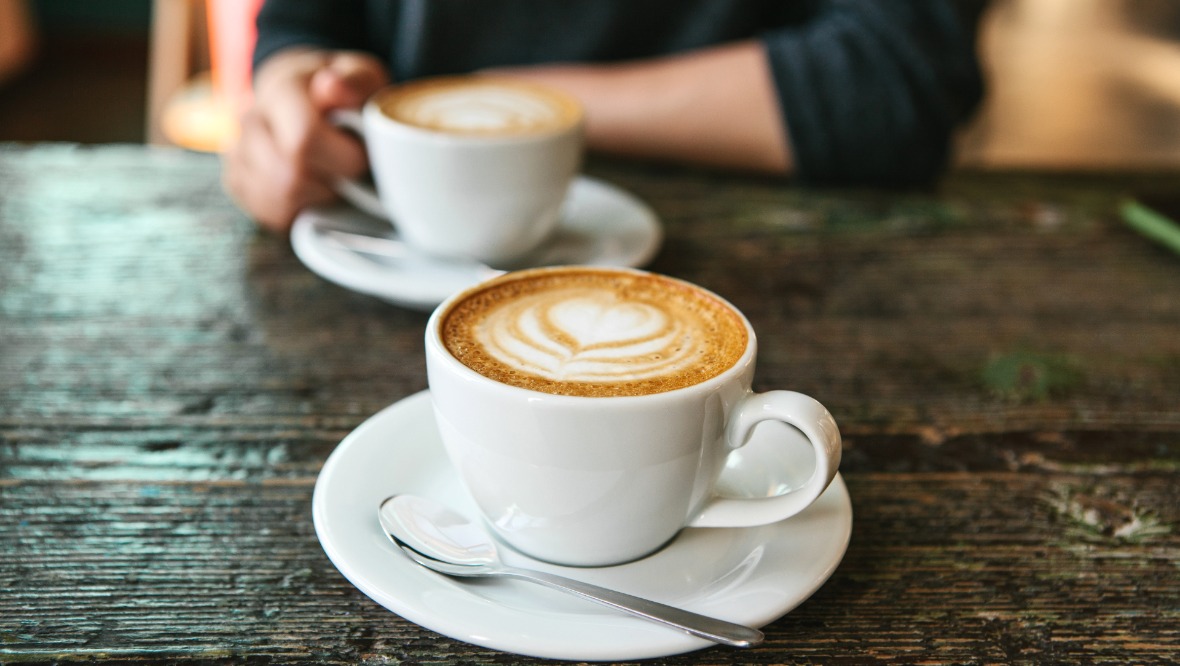 iStock
iStock

